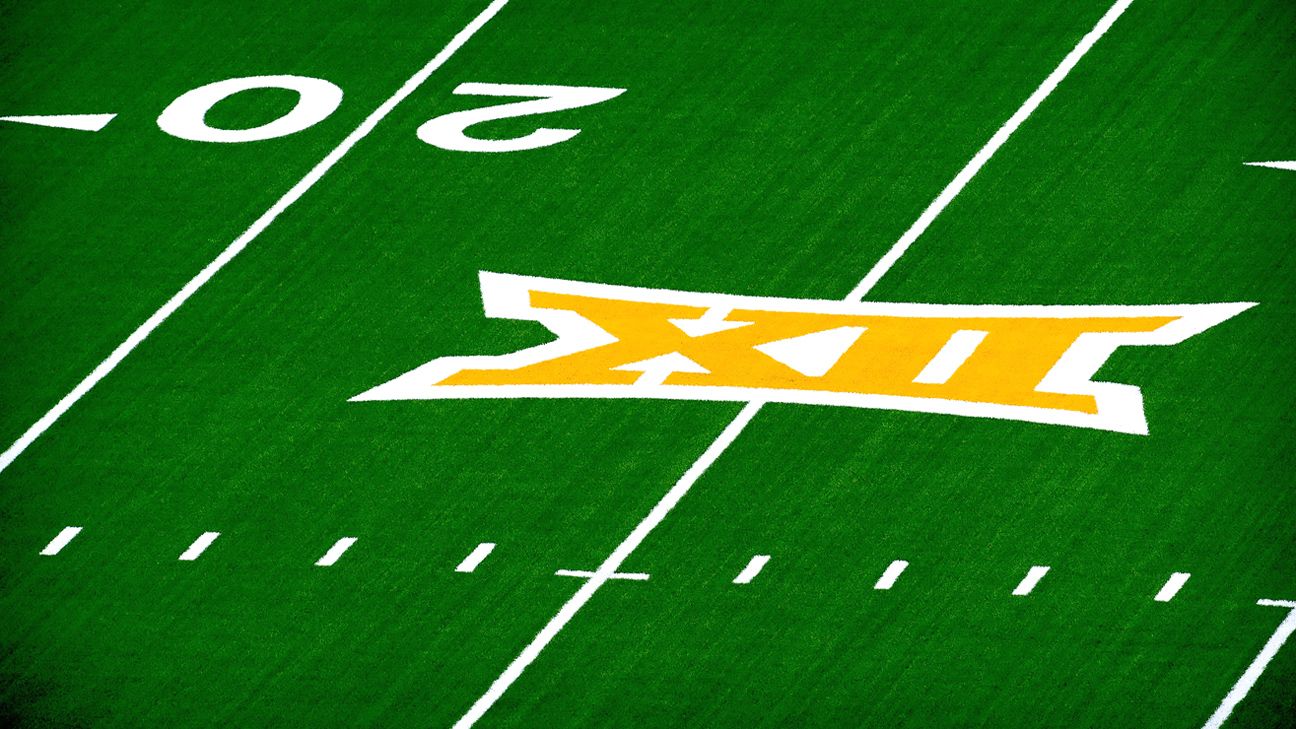IRVING, Texas — The Big 12 Conference announced Thursday it will allow its member schools to decide the amount of education-related benefits athletes can be given in an academic year following a U.S. Supreme Court decision over the summer.
Under current NCAA rules, students cannot be paid and the scholarship money a college can offer is capped at the cost of attending the school. The court ruling in a case brought by former athletes, including West Virginia football player Shawne Alston, barred the NCAA from preventing schools from offering additional education-related benefits to Division I football and basketball players.
That left it up to individual conferences to set limits if they choose. Many wondered if they would clear the way for athletes to be offered thousands of dollars worth of additional education-related benefits that might include study-abroad programs and graduate scholarships.
The legal maximum amount per year in education benefits for an athlete under the ruling is $5,980. In a statement, the Big 12 board of directors set that amount as a benefits ceiling.
“Following the court’s decision in Alston, the board wanted to take time to assess the national landscape before determining how best to activate in this space,” commissioner Bob Bowlsby said. “Today’s action allows each Big 12 member institution the latitude to decide at the campus level the degree to which it provides education-related benefits and/or academic achievement awards or incentives to its scholarship student-athletes.”
The Big 12’s decision follows a similar decision last month by the Southeastern Conference.
